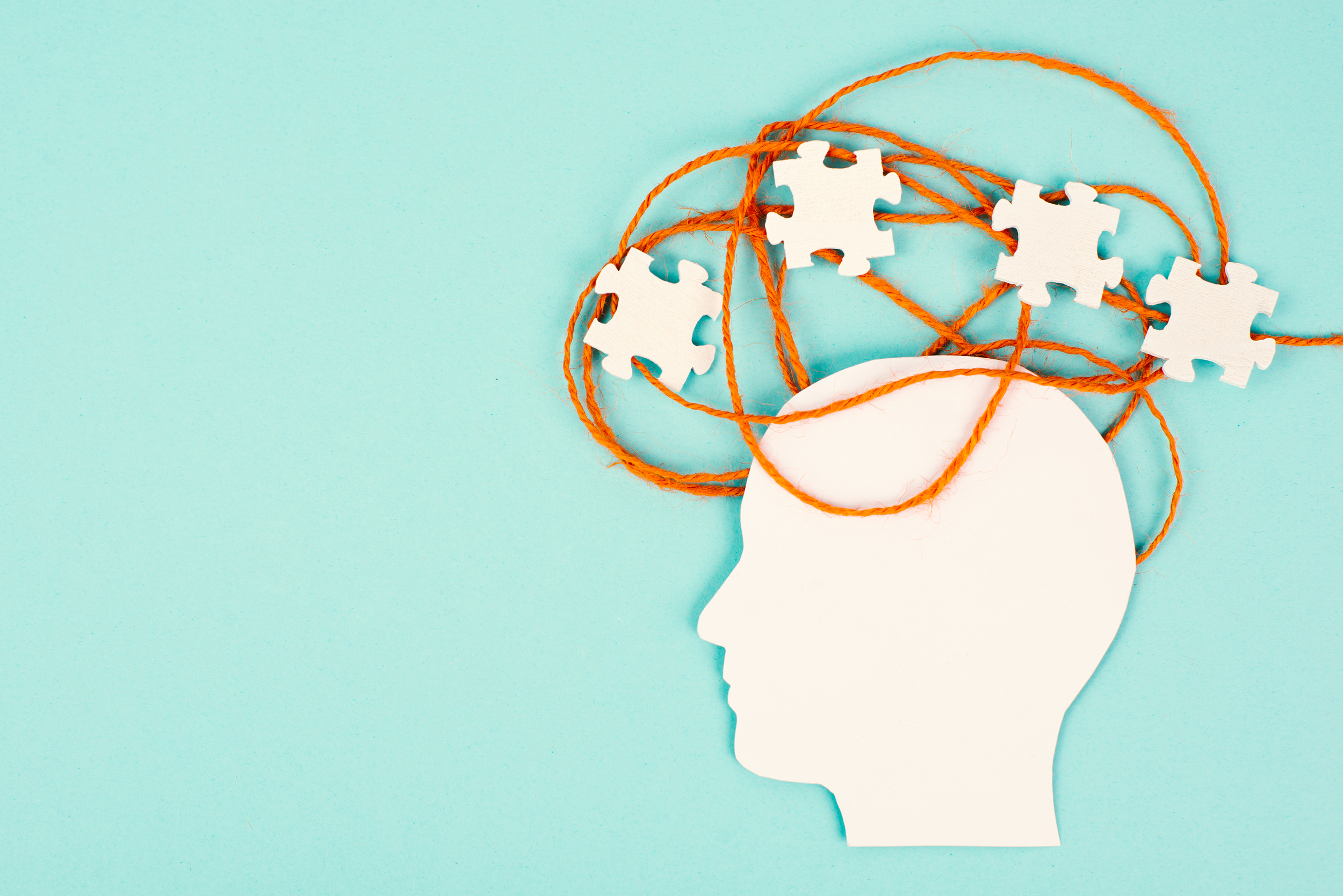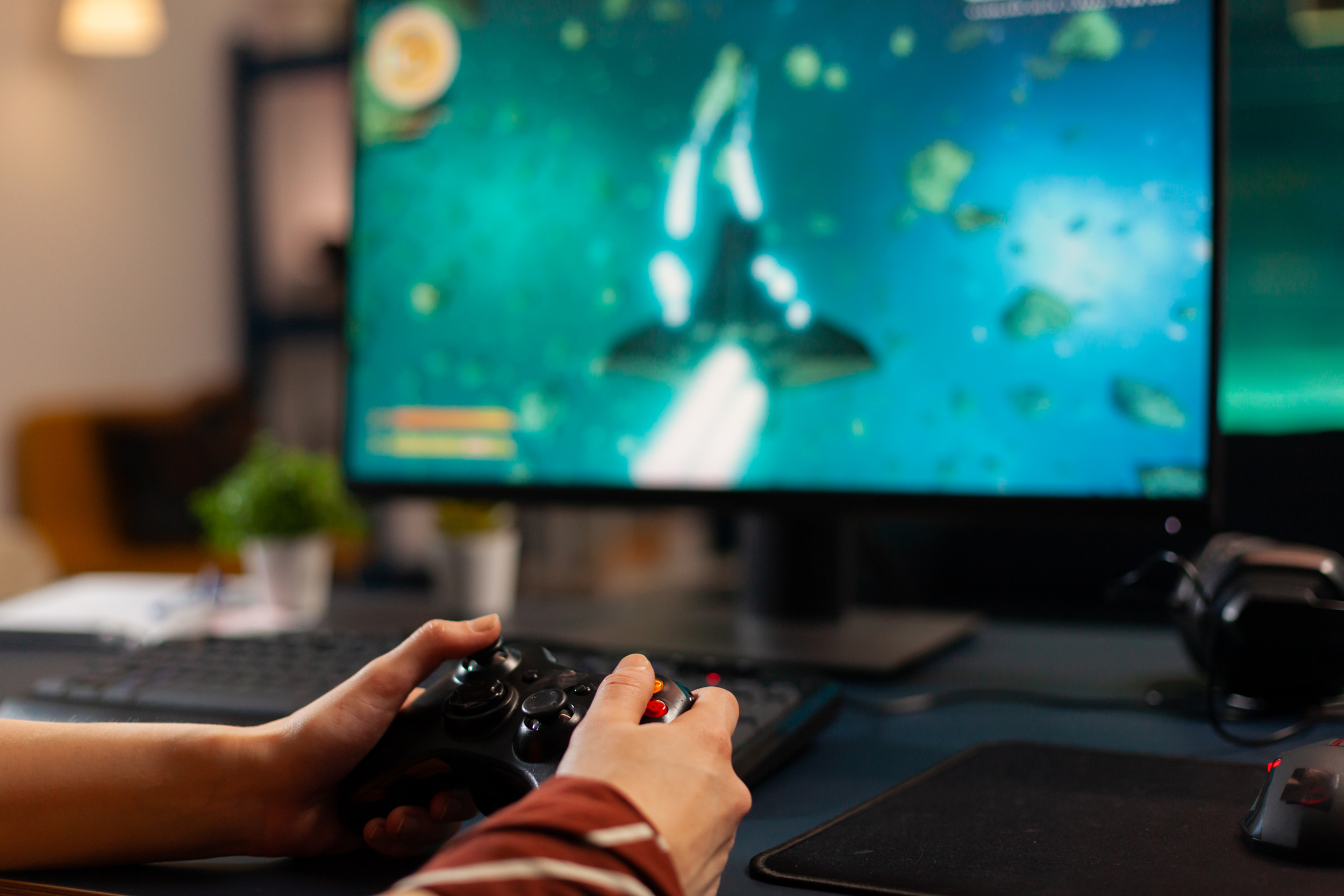
Relationship Between Gaming Addiction and Other Mental Health Disorders
16, September 2024
Gaming addiction, also known as gaming disorder, often co-occurs with other mental health disorders. This dual diagnosis can complicate both treatment and recovery, making it crucial to understand the relationship between gaming addiction and other mental health difficulties.
Depression
Depression is frequently linked to gaming addiction. Individuals dealing with depression may turn to gaming as a way of escaping their negative emotions or seeking temporary relief. However, the financial strain and emotional toll of gaming can exacerbate depressive symptoms, creating a harmful cycle of escapism and increase emotional distress. Additionally, the guilt and self-blame experienced after losing a game can further deepen the feeling of worthlessness, intensifying the depressive state the person is experiencing, making it even harder to break free from the cycle.
Anxiety Disorder
Anxiety disorder, including Generalized Anxiety Disorder (GAD) and Social Anxiety Disorder (SAD), are commonly observed in individuals struggling with gaming addiction. The stress and uncertainty associated with gaming can exacerbate anxiety symptoms, while some individuals dealing with anxiety may turn to gaming as a way to escape or cope with their feelings of nervousness, worry or social discomfort, In this cycle, gaming may provide temporary relief but ultimately intensifies underlying anxiety, creating a complex relationship between the two disorders.
Combination of Many Substances
There is a strong connection between gaming addiction and substance use disorder. Many individuals struggling with gaming problems also faces challenges with alcohol or drug misuse. The combination of these behaviours can lead to severe health, financial, and social consequences. For some substance misuse may serve as a coping mechanism to manage the stress of having lost a game, while simultaneously contributing to the escalation of gaming behaviours, thus creating a dangerous cycle.
Attention-Deficit/Hyperactivity Disorder (ADHD)
ADHD is another mental health disorder that is commonly seen in individuals with challenging gaming behaviours. The impulsivity, difficulty with impulse control and challenges with delayed gratification that characterize ADHD can contribute to challenging gaming behaviours. Individuals dealing with ADHD may engage in gaming impulsively, often without fully considering the consequences of this behaviour, which can further entrench their gaming habits.
Bipolar Disorder
Bipolar disorder, characterized by significant mood swings between manic and depressive episodes, can profoundly influence gaming behaviour. During manic phases, individuals may engage in impulsive, reckless gaming, driven by an inflated sense of confidence and a heightened desire for risk-taking. Conversely, during depressive episodes, gaming may serve as an escape or coping mechanism, helping individuals manage feelings of hopelessness, emptiness and despair. This dynamic can result in a cycle of excessive gaming that mirrors the mood fluctuations the individual is experiencing.
Personality Disorders
Certain personality disorders, such as Borderline Personality Disorder (BPD) and Antisocial Personality Disorder (APD) are also associated to gaming addiction. Individuals suffering from these disorders may exhibit impulsivity, poor judgment, and a tendency towards risky behaviours, all of which can contribute to challenging gaming habits. In particular the emotional wavering in BPD or the disregard for consequences seen in APD may exacerbate gaming-related issues, making it harder for individuals to regulate their gaming behaviour.
Stress and Trauma
High levels of stress and a history of trauma are significant risk factors for developing a gaming addiction. Individuals who have experienced traumatic events may turn to gaming as a means of numbing emotional pain or avoiding distressing memories. Similarly, chronic stress can drive people to seek the excitement and escape that gaming offers, and that provides temporary relief from their daily challenges. However, this coping mechanism often exacerbate underlying issues, creating a harmful cycle that is harder to break.
Understanding the connection between gaming addiction and other mental health disorders is essential for effective treatment and recovery. Recognizing the signs of co-occurring disorders such as depression, anxiety and trauma related disorders, allows for a more comprehensive approach to care. Seeking integrated treatment that addresses both addiction and mental health difficulties can help individuals break the cycle of dependency and improve their overall mental health. If you or someone you know is struggling with gaming addiction alongside other mental health struggles, it’s crucial to seek professional support to address these challenges holistically.
Reference:
Abdollahnejad, R., Delfabbro P., & Denson, L. (2014). Understanding the relationship between Person experiencing gaming harms and gaming-related cognition scores: The role of alcohol use disorder and delusion proneness. International Gaming Studies, 14(2), 183–195. https://doi.org/10.1080/14459795.2014.886711
Fong T. W. (2005). The biopsychosocial consequences of pathological gaming. Psychiatry (Edgmont (Pa. : Township)), 2(3), 22–30.
Sagoe, D., Pallesen, S., Hanss, D., Leino, T., Molde, H., Mentzoni, R. A., & Torsheim, T. (2017). The relationships between mental health symptoms and gaming behavior in the transition from adolescence to emerging adulthood. Frontiers in Psychology, 8. https://doi.org/10.3389/fpsyg.2017.00478

Gaming addiction, also known as Person experiencing gaming harms, is a serious turmoil that affects millions worldwide. Beyond its emotional and psychological toll, the financial effects of gaming addiction can be devastating...
16, September 2024

Online gaming, including betting, has become a widely accepted form of entertainment in modern society. While it remains a harmless activity for many, it can evolve into addictive and problematic behavior for some.
16, September 2024
